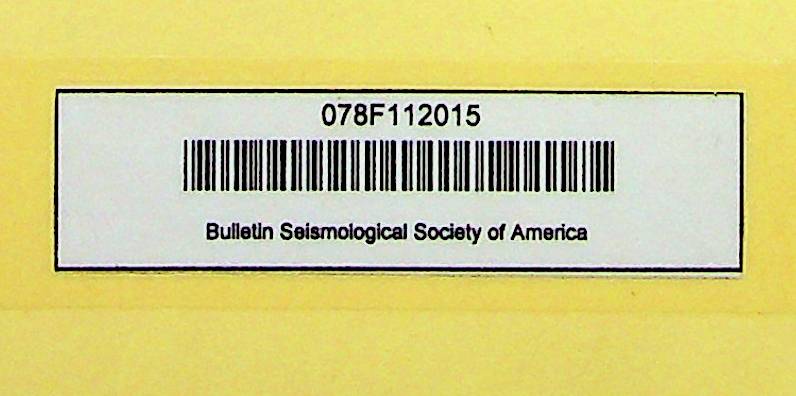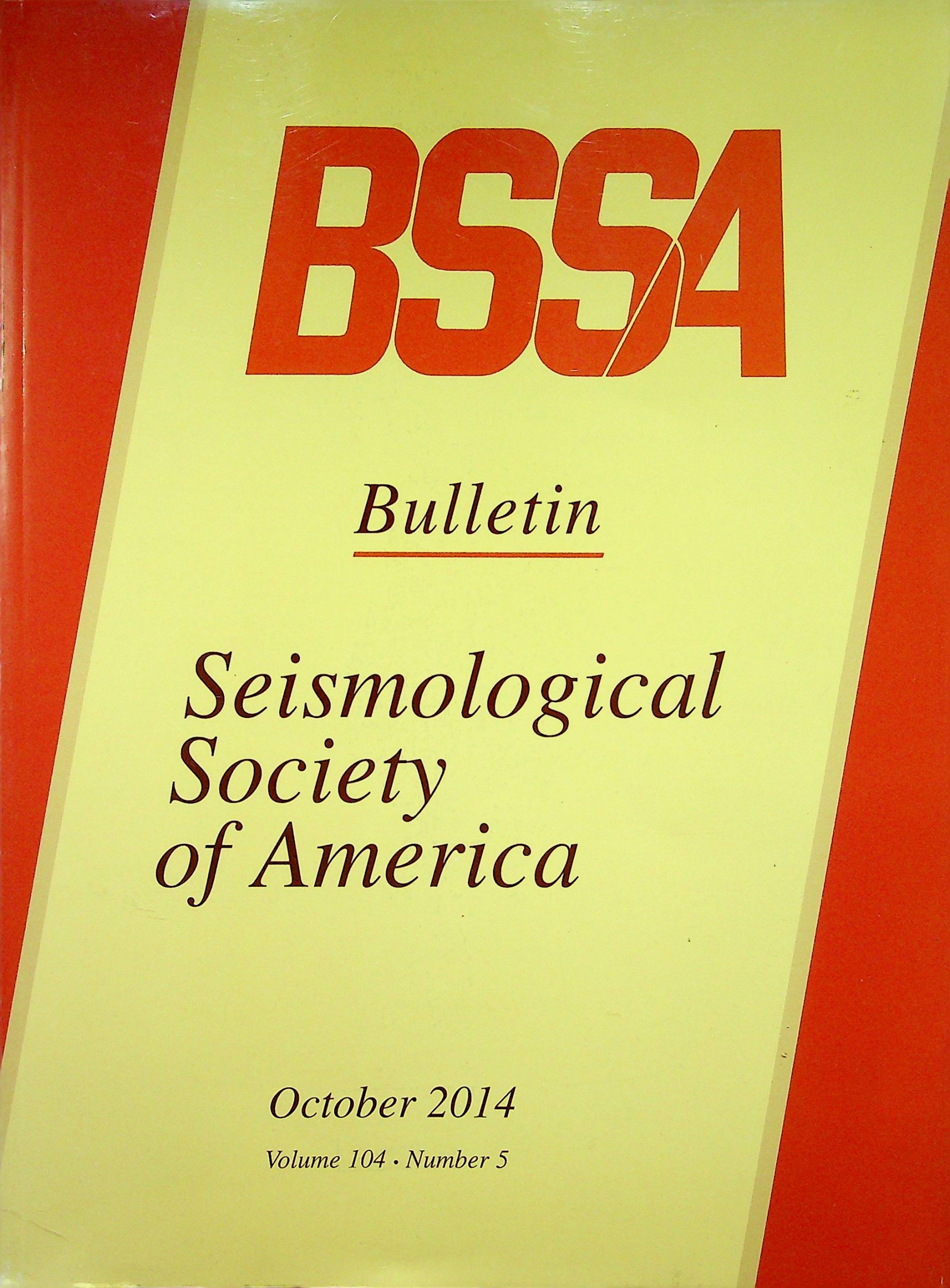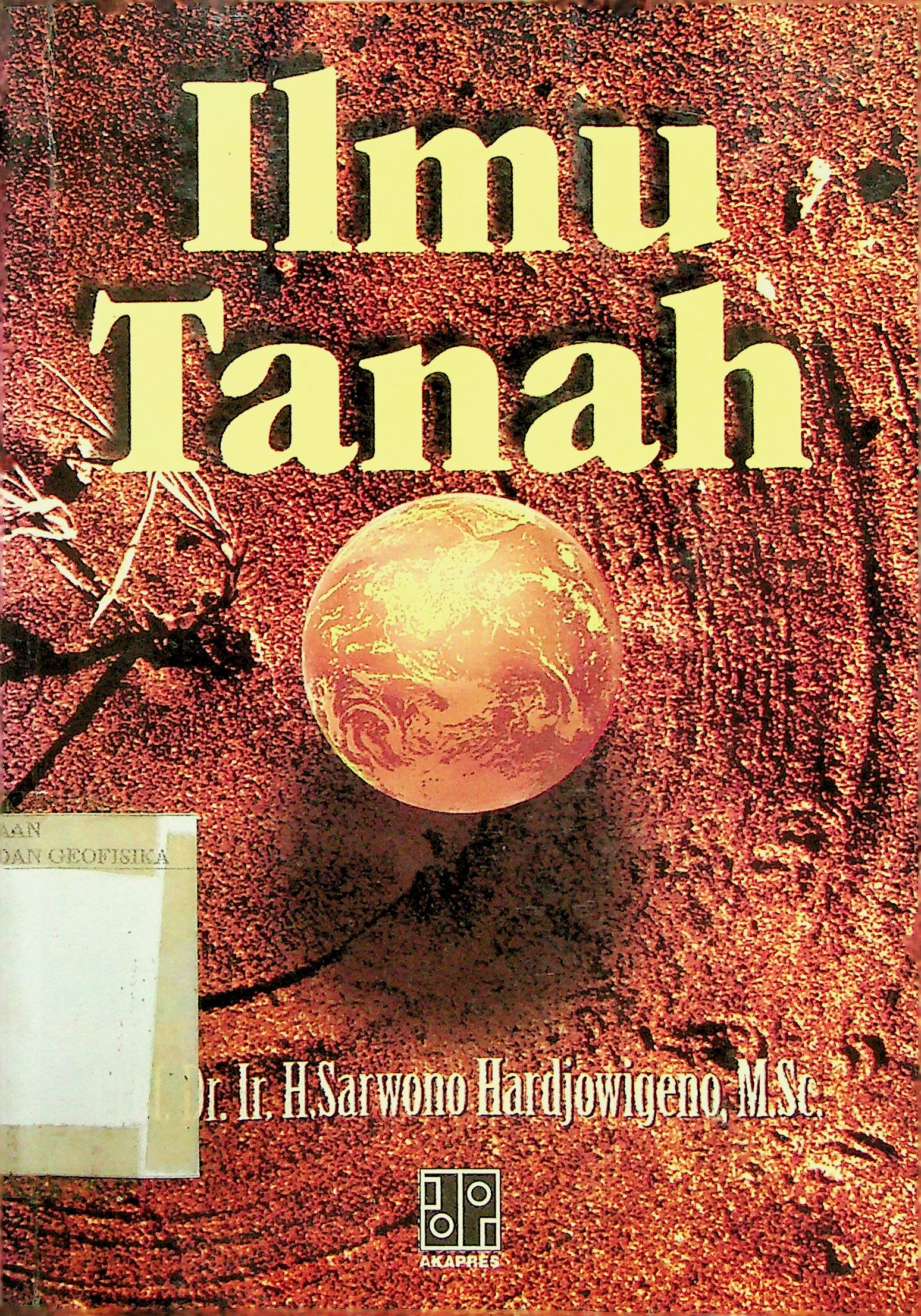Abstract On 26 January 1531, a strong-magnitude earthquake heavily impacted Lisbon downtown. Immediately after the earthquake, the eyewitnesses reported large waves in the Tagus estuary, mainly north of the city and along the northern bank of the river. Descriptions include large impacts on ships anchored in the estuary and even morphological changes in the riverbed. We present a synthesis of the available information concerning both the earthquake and the water disturbance as a basis for the discussion of the probable tectonic source and the magnitude of the associated river oscillations. We hypothesize that the initial disturbance of the water can be attributed to the coseismic deformation of the estuary riverbed, and we use a nonlinear shallow water model to simulate the tsunami propagation and inundation. We show that }e VilaFranca de Xira fault is the most probable source of the 1531 event. The largest inundation effects of the model correlate well with the historical descriptions; the impact is relevant in the inner Tagus estuary, but inundation in downtown Lisbon is small.
5
Seismological Society of America
M. A. Baptista,* J. M. Miranda/ and J. Batllo
Penerbit :
Evelyn Ave
Tahun :
2014
Buku lain-lain
-
No Scan184
-
No Klasifikasi-
-
ISBN
-
ISSN
-
No Registrasi079F112015
-
Lokasi Terbit
-
Jumlah Hal51
-
Label-
-
Versi DigitalTIDAK
-
Versi FisikTIDAK
-
Lokasi Rak Buku Fisik//
-
Jumlah Exemplar Fisik Tersedia-





